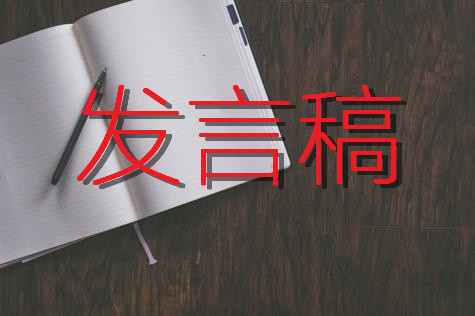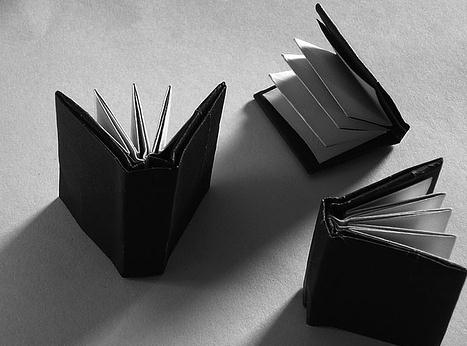高中英语知识要点全面总结1 一般将来时 1)shall用于第一人称,常被will所代替。will在陈述句中用于各人称,在征求意见时常用于第二人称。 例如:Whichparagraphshall下面是小编为大家整理的高中英语知识要点全面总结,菁选2篇,供大家参考。

高中英语知识要点全面总结1
一般将来时
1) shall用于第一人称,常被will 所代替。will 在陈述句中用于各人称,在征求意见时常用于第二人称。
例如: Which paragraph shall I read first? 我先读哪一段呢? Will you be at home at seven this evening? 今晚七点回家好吗?
2) be going to +不定式,表示将来。
a. 主语的意图,即将做某事。例如:What are you going to do tomorrow? 明天打算作什么呢?
b. 计划,安排要发生的事。例如:The play is going to be produced next month。这出戏下月开播。
c. 有迹象要发生的事。例如:Look at the dark clouds, there is going to be a storm. 看那乌云,快要下雨了。
3) be +不定式表将来,按计划或正式安排将发生的"事。
例如: We are to discuss the report next Saturday.我们下星期六讨论这份报告。
4) be about to +不定式,意为马上做某事。
例如: He is about to leave for Beijing. 他马上要去北京。
注意:be about to do 不能与tomorrow, next week 等表示明确将来时的时间状语连用。
5 be going to / will 用于条件句时,be going to表将来,will表意愿。
例如: If you are going to make a journey, you"d better get ready for it as soon as possible.
Now if you will take off your clothes, we will fit the new clothes on you in front of the mirror.
6 be to和be going to be to 表示客观安排或受人指示而做某事,be going to 表示主观的打算或计划。
例如: I am to play football tomorrow afternoon. 明天下午我去踢球。(客观安排) I"m going to play football tomorrow afternoon. 明天下午我想去踢球。(主观安排)
高中英语知识要点全面总结2
一、过去将来完成时
1.概念:表示在过去某一时间对将来某一时刻以前所会发生的动作,常用在虚拟语气中,表示与过去的事实相反。2.基本结构:should/would have done sth.
3.例句:I thought you"d have left by this time.我想这会儿你已经走了。
He told them he would have finished it by 8 o"clock.他告诉他们他会在8点以前干完。
二、 现在完成进行时
1.概念:表示从过去某一时间开始一直延续到现在的动作。这一动作可能刚刚开始,也可能仍在继续,并可能延续到将来。
2.基本结构:主语+have/has +been +doing+其它
3.时间状语:since+时间点,for+时间段等。
4.例子:I have been sitting here for an hour.我已经在这里坐了一个小时。
The children have been watching TV since six o"clock.从6点起,孩子们一直看电视。
三、 过去完成进行时
1.概念:表示某个正在进行的动作或状态,持续到过去某个时刻,还未完成,一直持续到之后的当前才结束。
2.基本结构:主语+ had + been + doing +其它
3.例子:She had been suffering from a bad cold when she took the exam.她在考试之前一直患重感冒。 Had they been expecting the news for some time?他们期待这个消息有一段时间了吧?
4.特殊含义:①尚未完成:He had been writing the novel.他已经在写小说了。(他没写完)
②企图:He had been studying the meaning of this proverb.他曾经学习过这个谚语。(他曾努力学习过它) ③未得结果:We had been studying what our enemy had said.我们一直致力于敌人所说的。(但是我们没有理解) ④最近情况:He had been quarrelling with his wife.他和他的妻子吵了一场架。(最近)
⑤反复动作:He had been asking me the same question.他一直问我相同的问题。(屡次)
⑥情绪:What had he been doing?他做了什么?(不耐烦)







